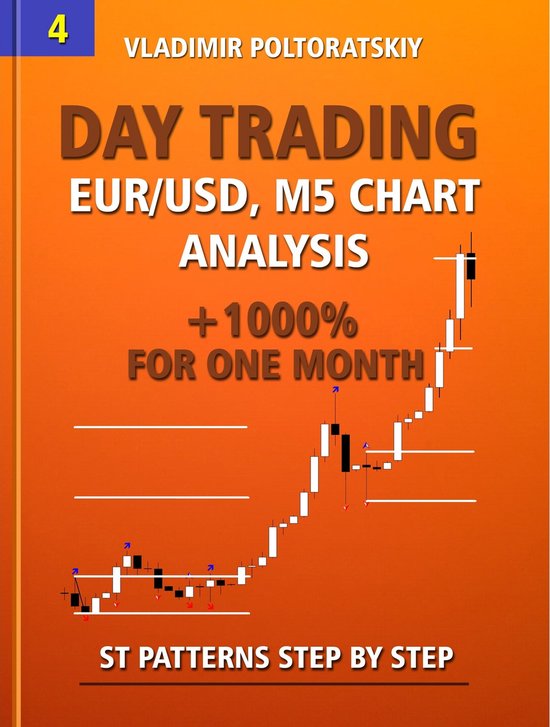
One of the most effective ways to learn about the currency markets is to read some books on forex trading. Although many people attempt to trade currency markets and get rich, it is not a common strategy. There are many books that cover forex trading. But you want one that is focused on the basics. Robert Zone, Anna Coulling and Kathy Lien are some of the best books available for beginners. These books have been written by forex traders who are successful in making money in the market.
Anna Coulling’s book
There are many books on Forex trading. But few of them provide an overall view of the currency marketplace. This book examines the forces that drive currency pairs, and explains how they relate to other markets. It also provides a framework for forex trading. The Three Dimensional Approach to Forex Trading by Anna Coulling is a great resource for all traders. The author is a veteran in the currency trade industry, and has published several books.
Kathy Lien's book
Kathy Lien's book about forex trading is essential reading for anyone new to the subject. Lien makes forex trading easy to understand and gives practical tips on how to get started. Forex trading can be very lucrative, but it also comes with risks. Badly designed trading systems can cause financial losses. Lien's book can provide helpful advice to help avoid making these mistakes.
Courtney Smith's book
How to Make a Living Trading Foreign Exchange is an excellent guidebook for anyone who wishes to profit from the foreign exchange market. It provides an easy-to-understand explanation of how you trade on the foreign currency market, and six money-making strategies. It covers risk management strategies and psychology of trade. Smith also discusses the rejection rule and how it doubles profit in basic channel breakouts. There are also several strategies for trading psychology that have proven successful in this book.

For Dummies' series
The For Dummies series on forex trading contains a comprehensive set of instructions. These books have advice and information about forex trading. Also, they provide step-by-step instructions for making money at the Forex market. Foreign exchange trading is not something you can do alone. Because these books are so easy to use, even beginners to the Forex markets will be able to benefit from their tips.
FAQ
Why are marketable Securities Important?
A company that invests in investments is primarily designed to make investors money. It does so by investing its assets across a variety of financial instruments including stocks, bonds, and securities. These securities offer investors attractive characteristics. They can be considered safe due to their full faith and credit.
What security is considered "marketable" is the most important characteristic. This is how easy the security can trade on the stock exchange. It is not possible to buy or sell securities that are not marketable. You must obtain them through a broker who charges you a commission.
Marketable securities include common stocks, preferred stocks, common stock, convertible debentures and unit trusts.
Investment companies invest in these securities because they believe they will generate higher profits than if they invested in more risky securities like equities (shares).
How are Share Prices Set?
Investors decide the share price. They are looking to return their investment. They want to make profits from the company. They buy shares at a fixed price. If the share price goes up, then the investor makes more profit. If the share price goes down, the investor will lose money.
An investor's main goal is to make the most money possible. This is why investors invest in businesses. It allows them to make a lot.
Who can trade on the stock exchange?
The answer is yes. Not all people are created equal. Some have better skills and knowledge than others. So they should be rewarded.
However, there are other factors that can determine whether or not a person succeeds in trading stocks. If you don't understand financial reports, you won’t be able take any decisions.
This is why you should learn how to read reports. Understanding the significance of each number is essential. You must also be able to correctly interpret the numbers.
You will be able spot trends and patterns within the data. This will enable you to make informed decisions about when to purchase and sell shares.
You might even make some money if you are fortunate enough.
How does the stock market work?
You are purchasing ownership rights to a portion of the company when you purchase a share of stock. A shareholder has certain rights over the company. He/she has the right to vote on major resolutions and policies. He/she may demand damages compensation from the company. And he/she can sue the company for breach of contract.
A company cannot issue any more shares than its total assets, minus liabilities. This is called capital adequacy.
A company that has a high capital ratio is considered safe. Low ratios make it risky to invest in.
What is the difference in a broker and financial advisor?
Brokers specialize in helping people and businesses sell and buy stocks and other securities. They take care all of the paperwork.
Financial advisors can help you make informed decisions about your personal finances. They can help clients plan for retirement, prepare to handle emergencies, and set financial goals.
Banks, insurers and other institutions can employ financial advisors. They may also work as independent professionals for a fee.
Consider taking courses in marketing, accounting, or finance to begin a career as a financial advisor. Also, it is important to understand about the different types available in investment.
What are the benefits to owning stocks
Stocks are more volatile that bonds. If a company goes under, its shares' value will drop dramatically.
However, if a company grows, then the share price will rise.
In order to raise capital, companies usually issue new shares. This allows investors to purchase additional shares in the company.
Companies borrow money using debt finance. This gives them access to cheap credit, which enables them to grow faster.
When a company has a good product, then people tend to buy it. The stock's price will rise as more people demand it.
Stock prices should rise as long as the company produces products people want.
What is security in the stock market?
Security can be described as an asset that generates income. Most common security type is shares in companies.
Different types of securities can be issued by a company, including bonds, preferred stock, and common stock.
The earnings per shared (EPS) as well dividends paid determine the value of the share.
If you purchase shares, you become a shareholder in the business. You also have a right to future profits. If the company pays a dividend, you receive money from the company.
You can sell shares at any moment.
Statistics
- "If all of your money's in one stock, you could potentially lose 50% of it overnight," Moore says. (nerdwallet.com)
- The S&P 500 has grown about 10.5% per year since its establishment in the 1920s. (investopedia.com)
- For instance, an individual or entity that owns 100,000 shares of a company with one million outstanding shares would have a 10% ownership stake. (investopedia.com)
- Ratchet down that 10% if you don't yet have a healthy emergency fund and 10% to 15% of your income funneled into a retirement savings account. (nerdwallet.com)
External Links
How To
How can I invest in bonds?
An investment fund, also known as a bond, is required to be purchased. You will be paid back at regular intervals despite low interest rates. You can earn money over time with these interest rates.
There are many ways you can invest in bonds.
-
Directly buying individual bonds
-
Buy shares of a bond funds
-
Investing with a broker or bank
-
Investing through a financial institution.
-
Investing with a pension plan
-
Directly invest through a stockbroker
-
Investing via a mutual fund
-
Investing through a unit trust.
-
Investing using a life assurance policy
-
Investing in a private capital fund
-
Investing using an index-linked funds
-
Investing through a Hedge Fund